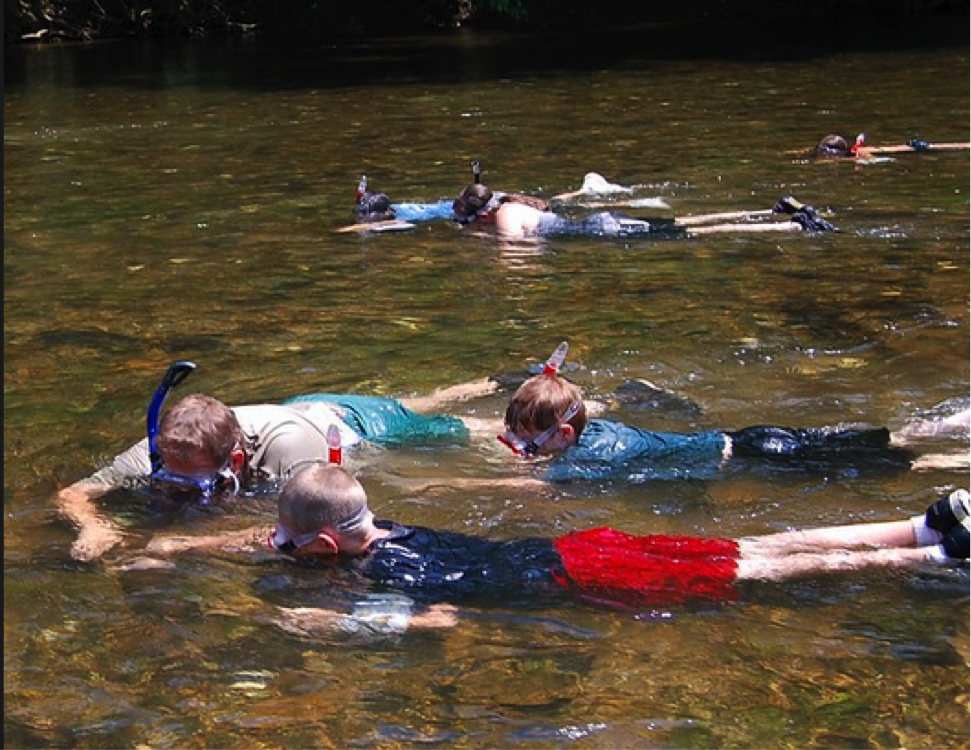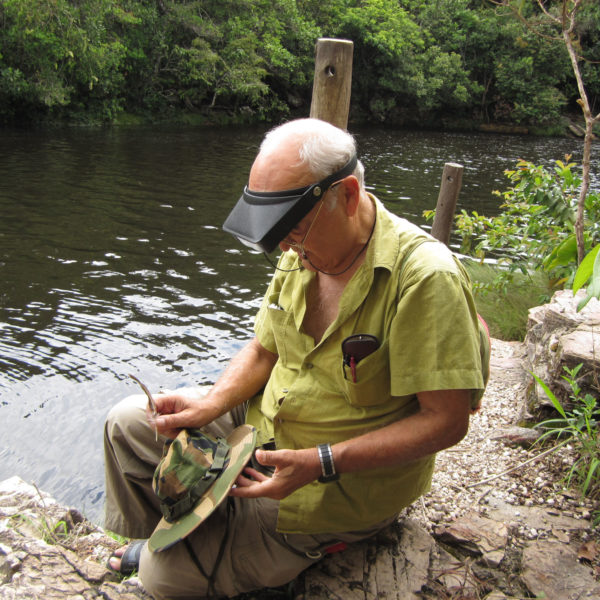Jim Egenrieder: Underwater, Early and Often
/Center for Humans & Nature:
“One of my favorite experiences is lying on the bottom of moving water and watching a smallmouth bass or sunfish use the micro-eddies created by my body to rest from swimming in the current. Less fun is when smaller fish nibble the air bubbles that form on your body hair, which they mistake for tiny eggs of other animals.
Those early exposures have formed the core of who I’ve become, and inform much of what I do. They influence not only my hobbies but the research projects and grants I pursue, the friends I spend time with, how I operate our riverfront farm, the trees I plant, and especially why I work with teachers and others to provide similar experiences for young people.”
Yes, experiences and places make people. Go out and explore nature every day.



